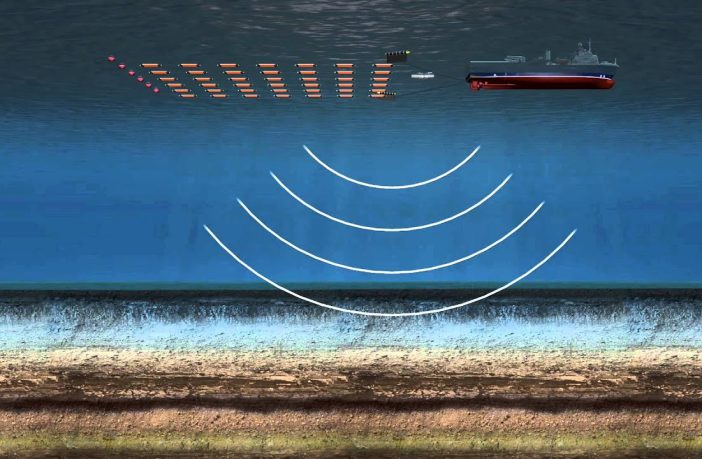- A new paper has been released by the South African Journal of Science entitled ‘Marine seismic surveys for hydrocarbon exploration: What’s at stake?’.
- The paper, authored by Jerome A. Singh, Aliza le Roux and Sershen Naidoo, outlines the long term implications should the South African government go ahead with its strategy to secure its own fuel and gas supplies.
Highlights of the paper include the following:
The study finds that marine seismic surveys for the hydrocarbon industry are effectively a harbinger of additional GHGs. South Africa is highly vulnerable to the impacts of climate change, so should do everything in its power to avert a rise in GHG emissions. While gas has been touted as a ‘transition’ energy source, investing in new gas infrastructure will unnecessarily lock South Africa into fossil fuel energy consumption for decades, the study finds.
Related news: Seismic survey along West Coast of South Africa remains halted
Further, because such investments will take decades to recuperate, vested interests will ensure that these facilities are used for their full lifetimes or beyond, which will only delay the switch to renewable energy sources.
Related news: Shell interdicted from conducting seismic survey off South Africa’s Wild Coast with immediate effect
The authors advise that cabinet should review all offshore exploration licences already awarded, in light of South Africa’s declaration of additional MPAs. The additional GHG emissions that will originate from new oil and gas fields in South Africa (inland and offshore), will push the world closer to the tipping point of breaching the limit of 1.5 °C targeted at the 2021 COP26 UN climate summit, and should thus be avoided at all costs.
Instead, South Africa should harness its impressive scientific and technical capacity to develop and harness sustainable, renewable energy sources, in line with the country’s vast potential. South Africa’s pursuit of energy self-sufficiency through local fossil fuel extraction should not come at the cost of its unique biodiversity, nor planetary health. Energy security should be based on science, not narrow, short-sighted political and vested interests.
History will judge the current South African government harshly if it fails to act decisively now for the sake of its people and the greater good of the planet.
Link to the full paper HERE
Author: Bryan Groenendaal















